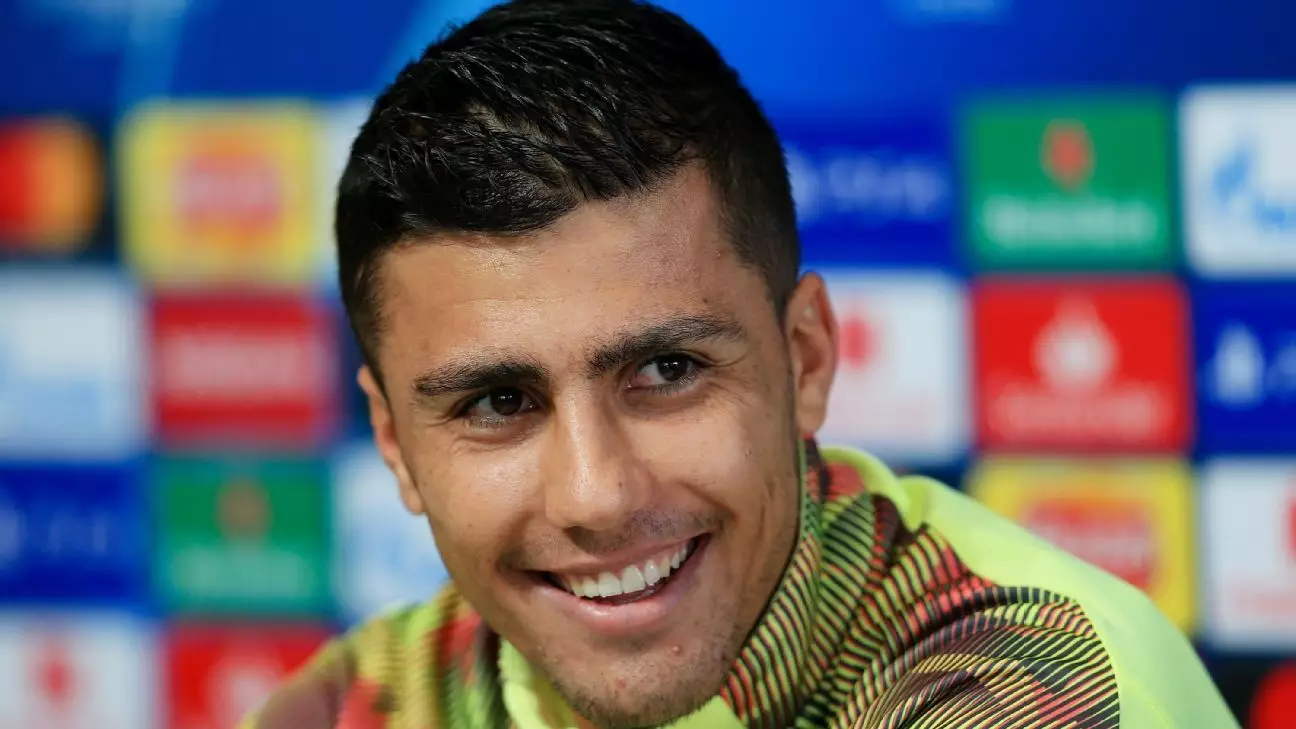The world of professional football currently stands at a critical juncture, where the relentless pursuit of commercial success clashes with the fundamental need for player welfare. With the Professional Footballers Association (PFA) actively seeking legal recourse against FIFA due to escalating fixture congestion, concerns about player welfare have reached a boiling point. High-profile athletes such as Manchester City’s midfielder Rodri warn that a strike may be imminent, highlighting an urgent plea for systemic change within the game. As the packed schedule looms, this article delves into the implications of this overload on players and the fabric of the sport itself.
Today’s football calendar is marked by an unprecedented number of matches, exacerbated by the expansion of competitions like the Champions League and the introduction of a redesigned Club World Cup. Rodri reflects the sentiment of many players, having endured an exhausting 63 matches last season. The looming prospect of exceeding 80 matches in a single season is no longer a distant worry; it’s a present reality. PFA President Maheta Molango has articulated the urgency of this crisis, emphasizing that the consequences of fixture congestion are not hypothetical but are impacting players now. The proliferation of games has transitioned from a mere inconvenience to an existential challenge for athletes and their well-being.
Players remain the backbone of any football organization, but their voices often go unheard by governing bodies. Rodri’s outspoken remarks signal a newfound willingness among footballers to voice their concerns about working conditions. The PFA’s legal action underscores the importance of collective bargaining in an era where player exploitation seems imminent. Molango’s assertion that this issue extends beyond just player welfare resonates with many—it’s about the integrity of the sport as a whole. Players are not only suffering in silence; they are becoming increasingly vocal about their concerns. They demand to be understood and respected, emphasizing that their workload should not compromise their health and performance.
The concerns surrounding fixture congestion have transcended players and are echoed by coaches and industry officials alike. Real Madrid’s Carlo Ancelotti has spoken candidly about the detrimental impact of an overcrowded schedule on player performance. He argues that an increasing number of injuries is inherently linked to an overworked season and appeals for a reevaluation of the tournament structure to enhance the quality of the games. La Liga President Javier Tebas corroborates this viewpoint, calling for proactive measures to counteract a system that prioritizes revenue over player health. The consensus among these key figures in football emphasizes the universal recognition of a fundamental problem that, if left unaddressed, could jeopardize the future of the sport.
With the support of notable leaders in the sport, calls for a potential strike are gaining traction as a decisive method for instigating change. David Aganzo, President of the Spanish Players’ Union, has indicated solidarity with players like Rodri and is ready to take firm steps if necessary. Their position is clear: dialogue has proven ineffective in prompting change; thus, drastic action may be the only recourse left. The overwhelming sentiment among players and union leaders is a commitment to safeguarding the sport’s future, prioritizing their health, and laying the groundwork for a more sustainable football calendar.
As discussions swirl around the possibility of a strike, there is a heightened awareness that the future of professional football is at stake. Fixture congestion is more than just a burden; it poses serious implications for player health, the quality of competitions, and the sustainability of the industry at large. The pressures of an increasingly demanding calendar have emerged as a critical conversation in the realm of professional sports, demanding attention and action from all stakeholders involved.
In essence, this chapter in football history may serve as a pivotal turning point—where players assert their rights, where governing bodies listen, and where the beautiful game is safeguarded not just for the present but for generations to come. A united front among players, coaches, and officials is crucial to fostering an environment that values athlete well-being as much as it does commercial success, ensuring that football remains a sport rich in passion, excitement, and integrity.
